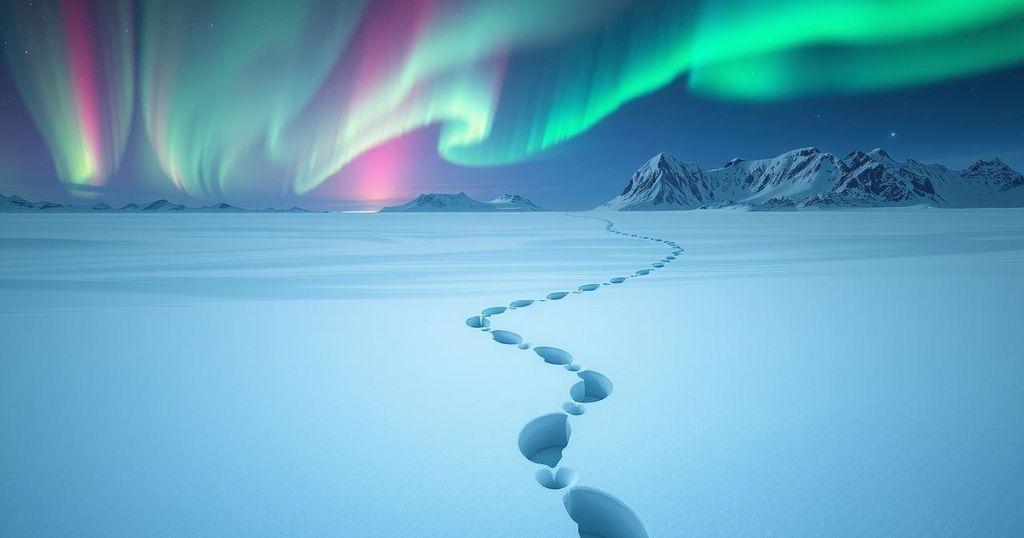Russia’s Warming Arctic: A Climate Threat Amid War Restrictions
- Russia’s war in Ukraine disrupts essential climate science in the Arctic.
- Western scientists are losing access to vital data due to cut-off relations.
- Collaboration with Russian research stations has been suspended, affecting understanding of Arctic changes.
- The European Union and the U.S. have restricted funding for projects involving Russia.
- Animal studies and wildlife projects face steep challenges without cooperation from Russian scientists.
Conflict in Ukraine Disrupts Arctic Climate Research Access
The current conflict in Ukraine has wreaked havoc on climate science in the Arctic, leaving Western scientists scrambling for reliable data. With Russia representing over half of the Arctic territory, the ongoing war has effectively cut off collaboration, a vital lifeline for research. As communication has dwindled due to sanctions and increased restrictions, the flow of critical information about the rapidly warming Arctic has slowed alarmingly. Without input from Russian researchers, understanding the pace at which our planet is heating could become a daunting challenge.
Emerging Blind Spots Challenge Climate Understanding
As scientists venture into the Arctic, they find themselves grappling with changing ecosystems and lost opportunities. Dr. Alessandro Longhi, trudging through the snowy expanse near Toolik Field Station, remains acutely aware of how vital Russian data is for understanding the climate. He notes, “It may be impossible to comprehend how the Arctic is changing without Russia.” The frozen permafrost is no longer easy to study, and Western scientists face an increasingly skewed view of Arctic shifts due to the isolation from their Russian counterparts.
Financial Crises Compound Research Challenges
As projects flounder in the wake of severed ties, uncertainty looms over the future of Arctic research. Paul Aspholm, a researcher who usually works with Russian colleagues, now finds his efforts stifled. Funding cuts from the EU and restrictions from the U.S. have turned once fruitful collaborations into ghostly memories. The extreme reliance on financial and technological aids from the West leaves Russian stations vulnerable, and many researchers face tough choices about their careers and loyalties. What once was an avenue for successful collaboration could face further deterioration as uncertainty reigns over scientific relationships.
Russia’s ongoing conflict in Ukraine has severely disrupted essential climate research in the Arctic, leaving Western scientists lacking crucial data. The severed ties between researchers are leading to a problematic lack of understanding regarding the rapid climate changes in the region. As scientists struggle in isolation, the long-term effects on Arctic research and international collaboration remain an open question, highlighting an unsettling paradigm shift in the quest for climate knowledge.




Post Comment